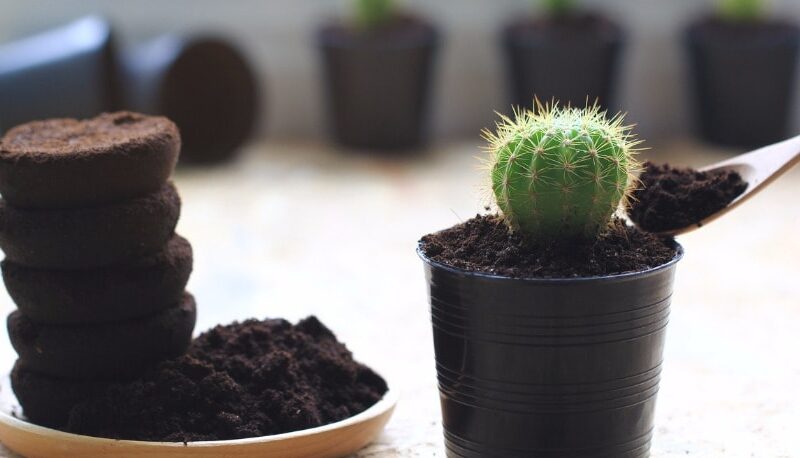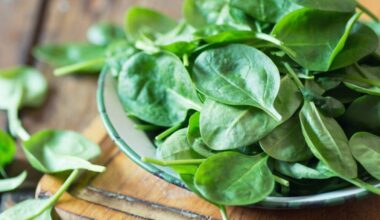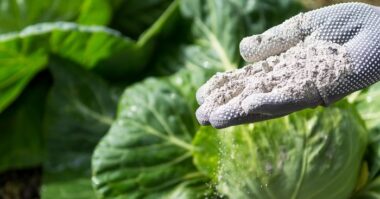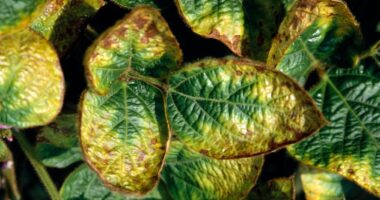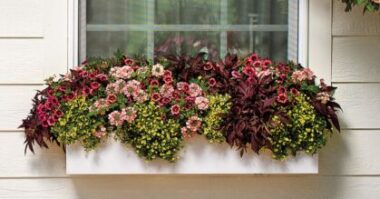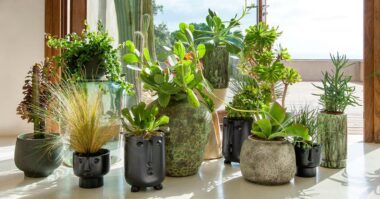Every day, if you belong to a morning filter coffee household, you throw a coffee filter (unbleached) and its coffee grounds in the household garbage. The idea is not to give up your morning drink as a necessity and a ritual, but to find new uses for this waste, in the garden and at home, that are ecological, economical and practical.
Contents
Why is coffee grounds effective in houseplants?
Potassium (0.6%), phosphorus, nitrogen (0.05%), magnesium (0.3%), copper (0.03%)… You won’t see the coffee grounds the same way anymore!
Coffee grounds are very useful in the garden. Indeed, it contains nutrients that are beneficial to our green space. First, it is an excellent natural fertilizer. Sprinkle a little coffee grounds at the base of the plants and mix the product by hoeing the soil. Coffee grounds can also be used as a potting soil for seedlings because it is rich in nitrogen, phosphorus and potassium.
It is also an excellent natural pest repellent. It repels and keeps slugs and snails away from the garden, but does not kill them because coffee grounds do not contain enough caffeine to be toxic.
How do I use coffee grounds to fertilize houseplants?
Fertilization is an important aspect of caring for houseplants, and there are many natural fertilizers that you may have thought to try. Many people wonder if it is possible to use coffee grounds to fertilize houseplants. Here are some answers.
Coffee grounds can be used to fertilize houseplants, but it is best to compost them first. Applying coffee grounds directly to the soil of houseplants can lead to excessive moisture retention, fungal growth, and even damage to plant growth.
Coffee grounds are a very useful source of nutrients that houseplants can use efficiently, and a very cost-effective fertilizer. Read on to find out how to use it effectively without damaging your houseplants.
Why use coffee grounds to fertilize houseplants?
Coffee grounds are a very common kitchen waste, full of nutrients that are simply thrown away by most people. It is readily available, free and has a high nitrogen content, one of the most important nutrients for healthy plant growth. Using coffee grounds on houseplants is also a good way to reduce household waste.
People have been using coffee grounds as fertilizer in their gardens for years with good results. It is therefore entirely feasible to experiment with using coffee grounds as a fertilizer for houseplants.
What are the best ways to use coffee grounds to fertilize houseplants?
If you are tempted to add coffee grounds directly to the soil surface of your houseplants, be aware that this is not recommended. It can cause a number of problems. However, there are three main options for your houseplants to benefit from coffee grounds as fertilizer.
1. Using coffee grounds to make compost
By far the best way to use coffee grounds is to use them to make compost. Add all your used coffee grounds to your compost pile and wait until your compost is ready to be used.
Most houseplants are native to tropical climates, where they get most of their nutrition from the decaying organic matter produced by the dense vegetation that surrounds and overhangs them.
Homemade compost largely recreates this natural process, and will provide enough nutrients to allow your houseplants to thrive. The high nitrogen content of the coffee grounds (NPK 2.1-0.3-0.3) will be offset by the other components of the compost you have made.
You can either apply this compost when repotting, add a thin layer to the soil surface, or work it into the first few inches of soil.
Some people will not use homemade compost on their houseplants because of concerns about the odour produced by the compost. In my experience, this is not a problem. Any odour produced will dissipate very quickly and can be largely avoided by incorporating the compost into the soil.
There are two things to keep in mind when using homemade compost on your houseplants.
First, applying too much compost can cause foliage burning and symptoms of nutrient toxicity. To avoid this, add a maximum of one inch of compost to the pot.
Second, because compost is rich in organic matter, it naturally retains water, which can increase the risk of over-watering. Take this into consideration and water gently to avoid problems.
2. Make liquid fertilizer for coffee houseplants
Although I do not recommend pouring coffee on the soil of your houseplants, you can make a compost “tea” from your coffee grounds that will work well on your houseplants.
There are many ways to make compost tea, but one of the simplest is to simply add your coffee grounds to a container of water and leave it to soak for one to two weeks, stirring it every few days.
As the coffee begins to decompose, it releases nutrients into the water, as well as providing a rich breeding ground for beneficial bacteria. You can then pass this liquid through a cheesecloth and use it to water your plants.
Not only does this provide a good source of nutrients, but it adds beneficial bacteria, which can improve the health of the soil and your plants.
3. Add coffee grounds to the potting mix when repotting.
As coffee grounds are organic matter, they slowly release the nutrients they contain as they decompose in the soil. This allows you to use coffee grounds as a slow-release fertilizer when mixed with the regular potting soil you use for your plants.
Although this method can pose a number of problems, it can provide a sustainable source of nutrients for up to six months, depending on the plant. Coffee grounds are one of many natural fertilizers for houseplants, but you must be careful to use them properly to get the best results.
Coffee grounds contain a large amount of nitrogen compared to phosphorus and potassium. Indoor plants that have relatively higher phosphorus and potassium requirements may not perform as well as they should if you only use coffee grounds to fertilize your plants.
Summary
If you can use coffee grounds to fertilize houseplants, you should avoid the problems that result. For most people, I recommend using coffee grounds for your outdoor garden and using other solutions to fertilize your indoor plants.
If you really want to use coffee grounds, it is much more likely that you will get a positive result by making compost or making compost tea with coffee grounds.
